Today we have for our readers a follow up to: How To Be A Successful Expat: It’s All About the “Software”. This follow up article is based on “Relocating to Ecuador- Eyes Wide OPEN”: a quick-reading book with bulleted do’s and don’ts that author, Terry Roberts, wished had been available to clarify things before his own move to Cuenca. Since its initial release date in July ‘15, Terry has already updated the book twice with additional information. Enjoy today’s excerpt as Terry explores some of the “Do’s” to making your expat journey to Ecuador a successful one.
Do’s
► An Expat Is Not an Expat Is Not an Expat:
Do realize that there are several types of expats here, so generalizations can be highly misleading. Almost nothing in expat’s experiences are universal. I’ve observed the following types (there are those who crossover into multiple types, of course):
- The have-to-moves because they can’t afford to live in the States (the financial debacle hurt millions of peoples’ retirement plans/security). This category is importantly subdivided into:
- Those who intend to still work.
- Where will they get a job if they don’t speak Spanish?
- Many think they’ll teach English.
- Those who don’t intend to still work.
- Their income is often fixed.
- Their healthcare/insurance situation is key.
- Those who intend to still work.
- The want-to-moves because—although they could make it financially in the States—they will be more comfortable financially in Ecuador.
- The vagabonds who are out to see the world, the majority of whom are college-aged kids.
- The escapees from the law, ex-spouses, mis-steps and/or creditors.
- The looking-for-new-adventure types.
- The political/cultural escapees; they hate and are alienated by what’s happened to America on many fronts.
- The Internet-freed entrepreneurs who are actively producing income; they can do it from anywhere.
- The clueless: I met an American guy on a neighboring bar stool who had just moved to Cuenca because Chicago’s weather was raising havoc with a health issue. A friend suggested he move to Ecuador—he was on an airplane five days later. He didn’t know the first thing about Ecuador
► Expect a Shift in Perspective:
Do be prepared for a fundamental shift in perspective experienced by many expats. As one writer elegantly put it, “It’s like becoming a Switzerland, neutral—politically and emotionally—and experiencing a culture without having to be involved with the internal affairs . . . The challenge of living in a new place lets them see themselves as individuals rather than citizens of a specific country or members of a culture. This give them a whole new internal perspective.”
► How Ecuadorians Will Regard You:
Do realize that there are several types of Ecuadorians in terms of how they view Gringos in Ecuador. There are:
On the positive side:
- Those—who appear to be in the majority—who are delightfully welcoming and hospitable to expats, including helping you with your Spanish if necessary.
- Or, there are those who anticipate Gringos to be rich, loud, spoiled and demanding unless and until you prove otherwise by your actions. Then Ecuadorians are delightfully welcoming and hospitable to you, including helping you with your Spanish.
- The practical ones who welcome Gringo tourists and resident expats because they contribute money to the Ecuadorian economy.
- Some—especially elders—who seem proud that Gringos choose Ecuador to come to versus all the other options.
- Many who have no particular bias—they take each person as s/he comes.
And on the more negative side:
- Those who believe that the “free spending” of Gringos drives up prices for Ecuadorians.
- Studies have shown the reality is that it is the Ecuadorians who are returning from abroad—estimated to be 25,000 to 30,000 per year—not North Americans who are putting the greatest upward pressure on Ecuadorian real estate.
- Those who feel, “You screwed up your country, so now you’ve come here to screw up ours.”
- The very poor who see Gringos purely as potential hand-outs.
- The politically aware, some see Gringos as coming from the country whose government was cozy for decades with Ecuadorian politicians and bought political influence—even Ecuadorian presidencies—to get Ecuador to do the bidding of the United States. Biddings that were contrary to the Ecuadorian peoples’ best interests.
► Money Idiosyncrasies:
Do keep in mind that Ecuador’s currency is the US dollar. But you don’t see paper dollars much. Ecuadorians prefer dollar coins (about the size of a quarter, only gold-ish looking and with a raised rim).
- Ecuadorian businesses are notorious for not having change for even $5 bills; even busy stores that take in cash all day may not have change on hand for a $10 or $20 in the mid-afternoon. In fact, I’ve had supermarket cashiers say they can’t make straight change for a $5 bill.
- My theory: They don’t trust employees with lots of cash, so they remove it from the till frequently during the day. But that doesn’t explain owner-operators. Maybe it’s about not having much to rob?
- So try to always carry coin dollars, $5s and $10s; except for larger, chain-like stores, you may have trouble with $20s.
- ATMs always give out more $5s and $10s than US bank machines for this reason.
- A trick: if you need coin dollars, in larger stores, try paying with one bill larger than required; it’s one way to sometimes get back coin dollars so you have more of them for taxis and smaller businesses.
- For taxis, if you have only $10 or larger, ask the driver if s/he has change before getting in (“Tiene cambio por diez (a ten)?”) (“Tiene cambio por vente (a twenty?”)
- Expect cashiers to look at your paper bills against the light to see if they are counterfeit; it’s not personal; apparently it’s a big problem.
- Expect cashiers to count your money or your change two, three, or four times. They act like they will be shot if they are a penny off of balancing at the end of the shift.
►The Blur That Is Ecuador:
Do understand that Ecuador is a second-world country in rapid transition, meaning quick improvements and changes on many fronts.
Despite my comments in the “Don’t” section about slow and cumbersome bureaucratic systems, Ecuador is doing an amazing job with infrastructure and other improvements:
- The national railroad system is being totally rebuilt.
- Two major dams are under construction to make Ecuador a net energy exporter.
- Most major highways have been or are being rebuilt.
- A light rail system to serve the entire city is under construction in Cuenca; you’ll be able to swish from one end of town to the other for 25 cents.
- The president is trying to create a tech center near Quito to rival Silicon Valley.
- Thousands of doctors are being incentivized to come to Ecuador to improve healthcare, especially in areas outside the main cities.
- In Cuenca, all external wiring must be routed underground within three years.
- There are modern malls, complete with in-mall auto dealerships, multiplex theaters, KFC chicken, Subway, Apple store, etc.
- Almost $4 billion has been sent home to Cuenca in the last decade from Ecuadorians living overseas, mostly in the US and southern Europe. The money has fueled unprecedented growth in construction and new businesses and helped many families achieve middle class status.
- Be aware, too, that Cuenca is growing and is predicted to continue to grow at a fancy clip.
- Ecuador’s National Institute of Statistics and Censuses (INEC) reports that Cuenca’s population has grown by 62,000, or more than two percent per year, since the 2010 census. The city’s metropolitan population currently stands at 585,000, INEC says.
- A major factor in the growth, which exceeded INEC’s earlier estimates by more than half of a percent per year, was the return of thousands of Ecuadorians living overseas, mostly in the US, Spain and Italy. The influx could be as high as 20,000, INEC says.
- Foreigners moving to the city is another growth factor cited by INEC. It estimates that there were 13,000 foreigners living in Cuenca in October 2015, up from 6,000 in 2010. Of those, it says 5,000 are from the US and Canada, compared to about 1,500 in 2010.
- INEC estimates Cuenca’s population will grow to 1.3 million by 2050.
How has your transition to expat life affected your expat experience? Something we missed? Sound off in the comment section below
Stay tuned for another upcoming excerpt of “Relocating to Ecuador- Eyes Wide OPEN” where we will discover some of Terry’s biggest “don’ts” for moving to Cuenca Ecuador.
Can’t wait for the next article and want to know more? Grab your copy of the book from the following choices:





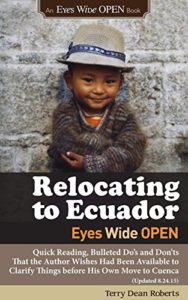
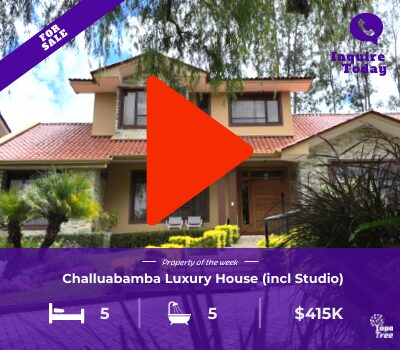





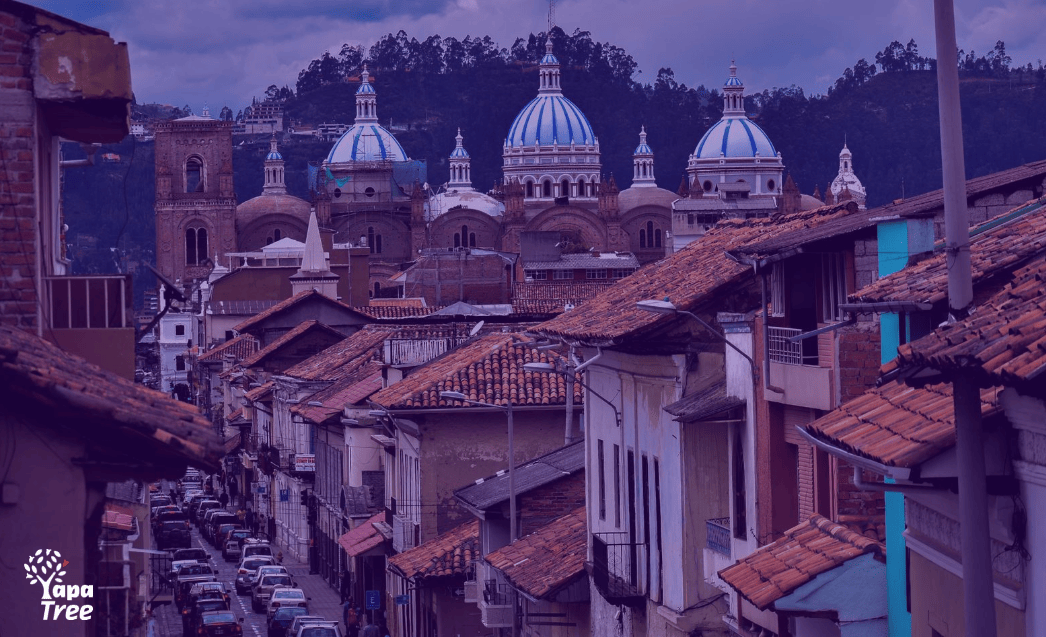
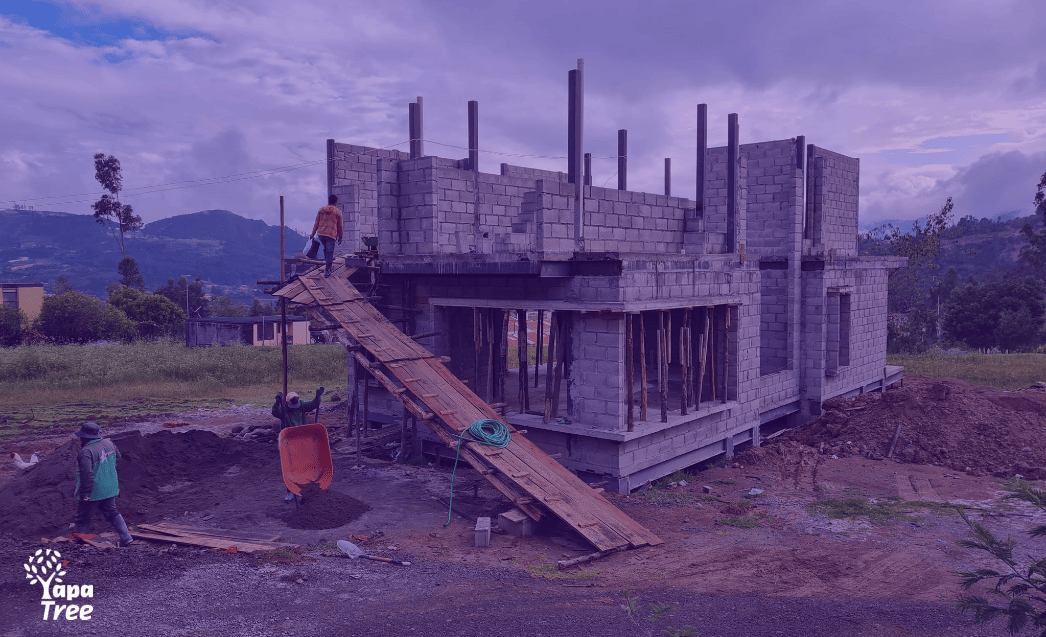
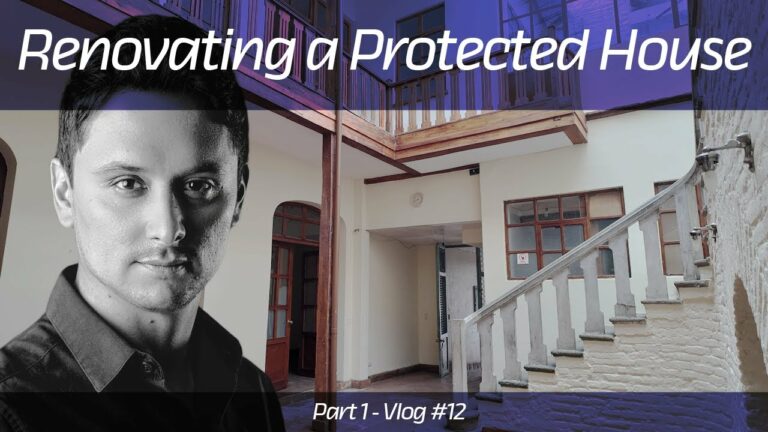

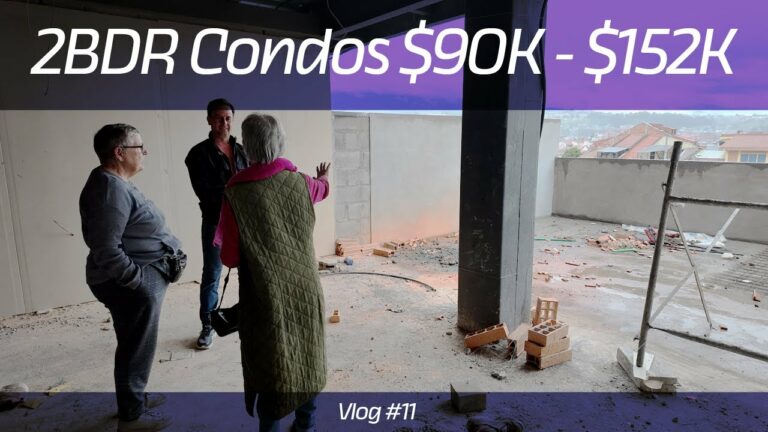
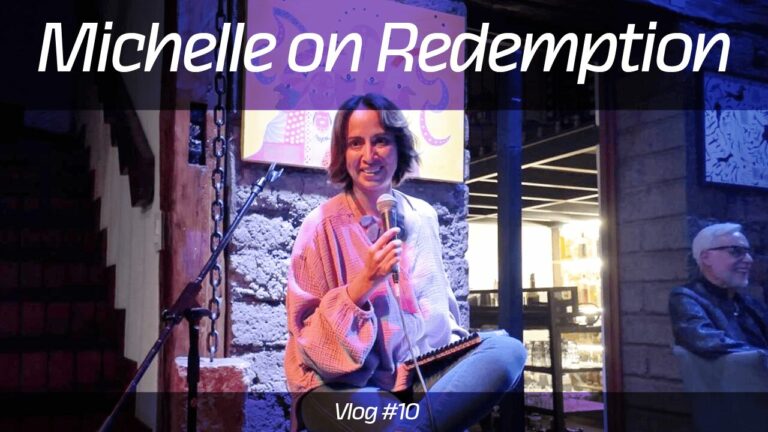
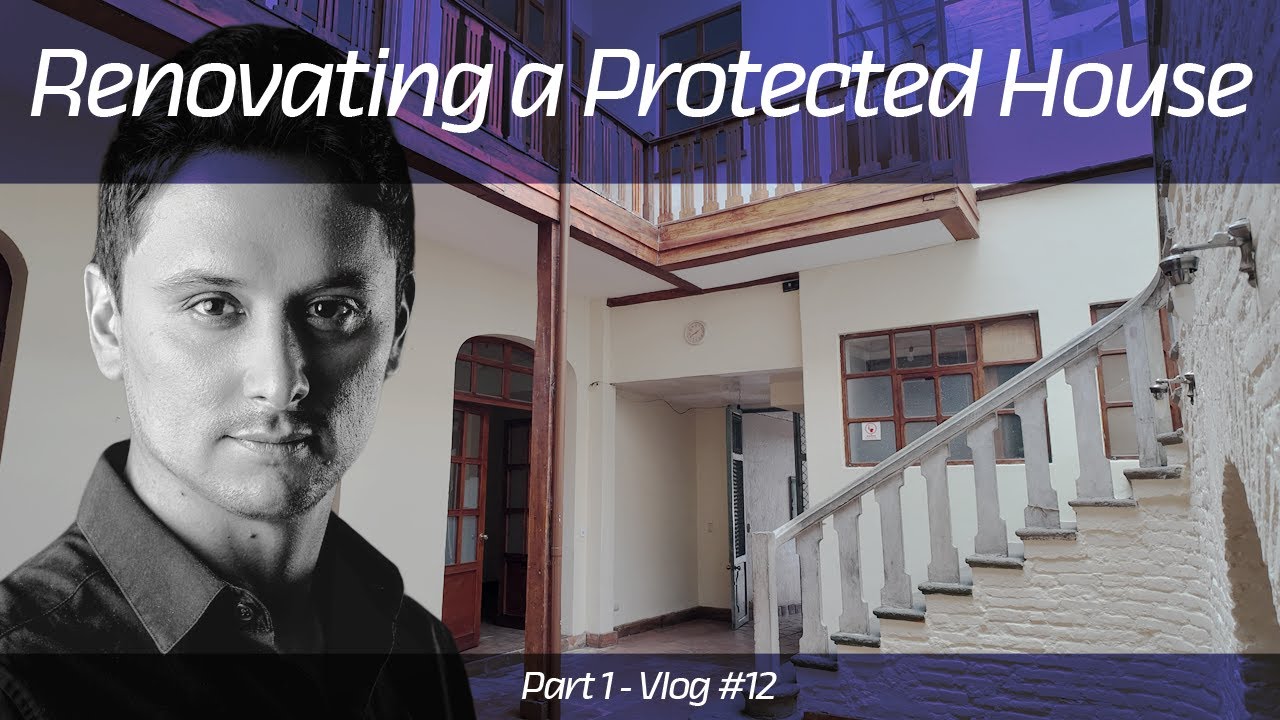

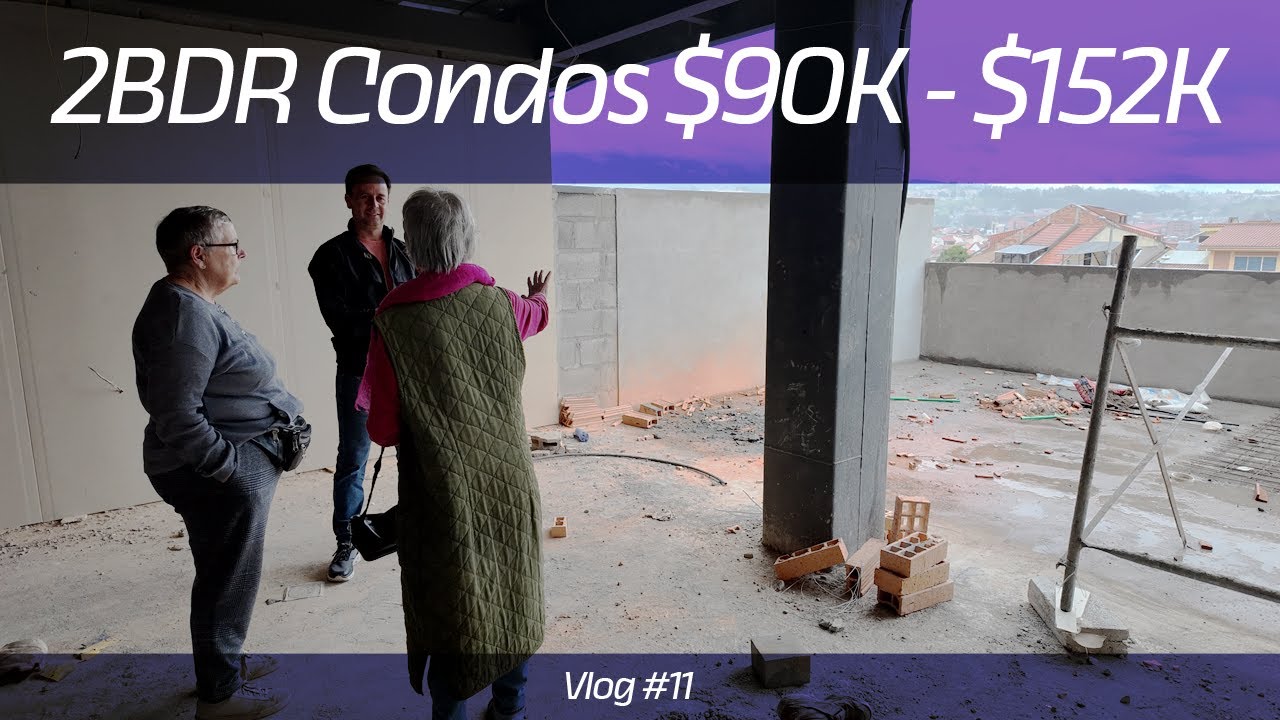
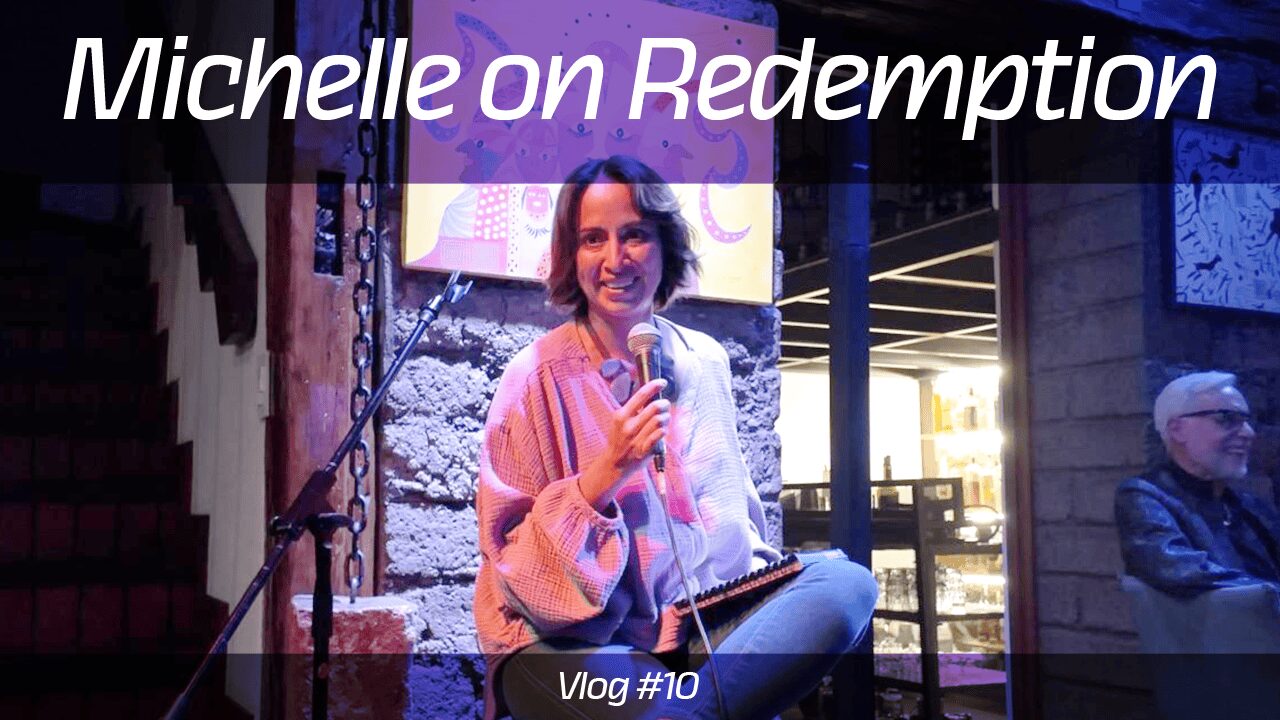
7 Responses
Thanks Terry, I really enjoyed reading that. My wife and I will be relocating to Ecuador next year, having decided – like you – to have something of an “adventure” in life while we’re still young enough to do so.
Thing is, we’d been starting to regret our decision to commit to the place, because there seems to be so much negativity out there about the place (perhaps to counter-balance the IL hype???) Your post reminds me that, as usual, the truth is somewhere between the two extremes, and the experience is largely down to what we are prepared to make of it.
Michael, don’t fall into the “online forum whirlpool trap”. There are types of people who seem to be especially attracted to online forums who invest great time and energy in diss-ing just about everything known to humankind. They seem to exhibit an anger borne of frustration about their lives. Their patterns are character assassination, name-calling, glass is always half full, self-righteousness, and an ever-so-readiness to tell you how to live your life in every regard.
Know that they are an unfortunate abberation, a group that uses anonymity, or at least the arm’s length nature of communication on the internet, to spread hate and discontent in a manner they wouldn’t in person. Don’t let their warped lense on the world color your enjoyment of a senior years adventure. You’ll find your own kindred spirits to enjoy it with.
Terry
What ATM’s do you use?……I have been here over four years and have NEVER received a $5 or $10 bill from an ATM.
I frequently get $10’s from the ATM. when your taking out money they give you the option for 30-50-70-90 etc so they have to throw in at least 1 $10. $5 are more rare but still happens from time to time
Supermaxi Las Americas and Pichincha Simon Bolivar.
I get $10 bills when I use Banco Del Austro ATM’s. are you Sure the tramvia being built only costs 25 cents to traverse town? Several well informed locals say it will be much more
Great ridding Terry,
Below are 10 good topics to consider when moving anywhere in the world when retiring
Your article (although I realize is only a synopsis of your book) is very enlightening but summons so many more questions and observations.
Life as an expat anywhere in the world is much more complex and ambiguous due in part by the ought-to-be “politically correct” observations and comments made or by the biased attitude most people have when reporting about a subject (justly mentioned). What it truly requires is much more than a superficial examination. These topics are so often overlooked and seldom spoken about.
I have named a few below in my humble opinion, not necessarily in that order but ALL to be considered when moving abroad:
1. Language – A minimum command of the local language is expected for a true insertion, a less stressed life and to minimize co-dependency
2. Culture – Background experience through traveling and understanding or exposure to other cultures such as food, habits, doctrines and traditions is very helpful
3. Financial – Should not be the only reason you are moving there
4. Health/Spiritual – A fixer upper should not be expected
5. Education – Helps to understand the differences in any cultures and at any levels
6. Ideology – Not everyone thinks or does things the way you do personally and/or back home
7. Religion – Only for a real purpose
8. Family – Not if this is an important part of your wellbeing back home
9. Personal belonging – Only a very superficial and extra burden to your new life, freedom and expenses
10. Political – At our age (If you are or about to retire), we should have learned by now that it is impossible to change the world unless you have millions of dollars to waste
Not mentioned here is the professional purpose for obvious reasons.
May I suggest this as a “check list” to anyone considering a move abroad? It is certainly up for adjustment.